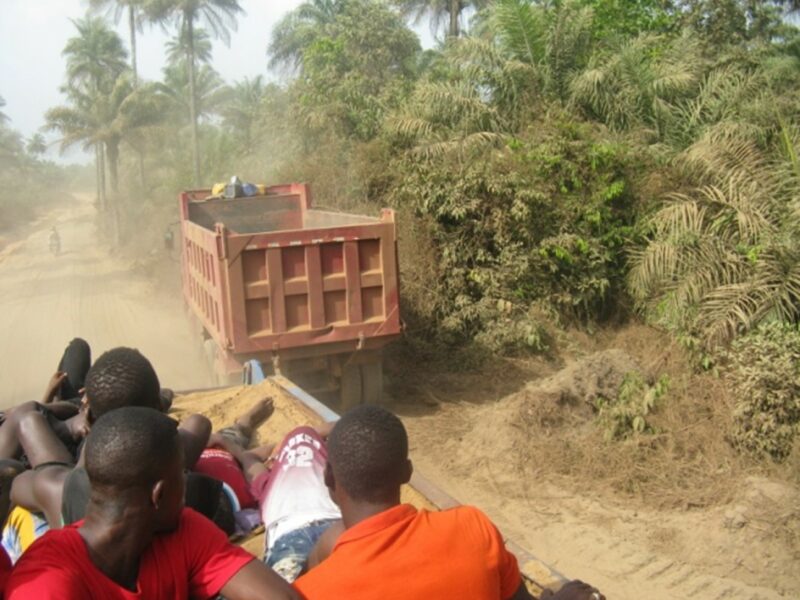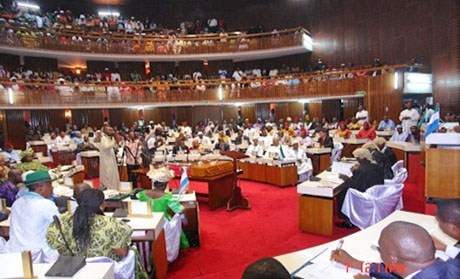Losing our lush green mountains
During the 60’s right up to the 70’s, Freetown used to enjoy beautiful mountains covered with lush green vegetation. The lushness of the vegetation used to cover the top right down to the foot of the mountains.
But today, that once beautiful scenery enjoyed by many Freetonians has been desecrated as a result of indiscriminate human activities like the building of houses, cutting down of trees for fuel and other economic reasons.
Today, environmentalists all over the world are worried about this great lose of our natural vegetation and the unceasing climatic change that have apparently led to poor yield in agricultural production, increasing temperature, increasing in sea level, deforestation, and the subsequent encroachment of desertification.
Looking up the mountains from afar, one could not imagine the dark- brown patches which have also exposed the topmost layer of soil which has caused erosion making deep gorges through the land. This uncontrollable erosion in no smaller way affects the growth of green vegetation that beautifies the mountains of Freetown.
Nazia Parvez in her film titled “Lost Freetown†depicts the unprecedented changes that have occurred in our environment in the last two decades. The high demand for land, housing, water fuel and building materials have caused environmental destruction leading to deforestation and dwindling forest reserves; soil erosion, deflation of traditional water-catchments areas and the corresponding change in weather patterns; coast line erosion and pollution.
Similarly, the signs of destruction of our environment are conspicuous to us whenever it rains. When rains pour down heavily on these mountain tops, the large collection of debris and mud by the rain water are deposited on the streets of Freetown, thereby causing traffic and untold discomfort for road users.
Torrential rainfall has also lead to flooding in slum settlements like Suzan’s Bay, Kroo Bay and many other seaside settlements.
Besides these large collections of debris and mud; incidents of landslides and rolling boulders have killed scores of vulnerable people around the in and around Freetown. Potential areas of environmental hazards are mostly found in the Eastern part of Freetown in areas that include PWD by Black Hall road, via Bomeh, the back of Independent School and the Valley Gorge that divides shell new site and the Richard Allen High School are places of no exception to environmental danger. Over the years, landslide and rolling boulders have massacred people in those areas highlighted so far.
Investigating some of the main causes of this environmental menace, it is obvious that over crowding and the fierce competition over limited lands to build houses have contributed greatly to prompting these dangers. Before the war, Freetown was a planned city with a minimal amount of population. But the excess flow of displaced people from the provinces prompted the risk for people to settle in these gutter edge areas.
Losing our lush green mountains due to overcrowding and the competition for settlement in the municipality has eroded the lush green beauty that once characterized Freetown as one of the beautiful cities in Africa akin to the awe and beauty of the lion (Sierra Loya-Lion Mountain). The relentless scrambling for settlement in the mountainous areas has also affected subsistence agricultural productivity in mountain villages like Leicester, Gloucester, Picket and York. It has affected agricultural productivity in that low down pour of rain and the subsequent erosion of the topmost layer of the soil that sustain plant.
However, the onus of controlling the environment in order to avert further environmental danger lies with agencies like the Sierra Leone Environmental Agency (SLEPA); the Sierra Leone Roads Authority and the Ministry of Land and Country Planning.
Stay with Sierra Express Media, for your trusted place in news!
© 2010, https:. All rights reserved.






